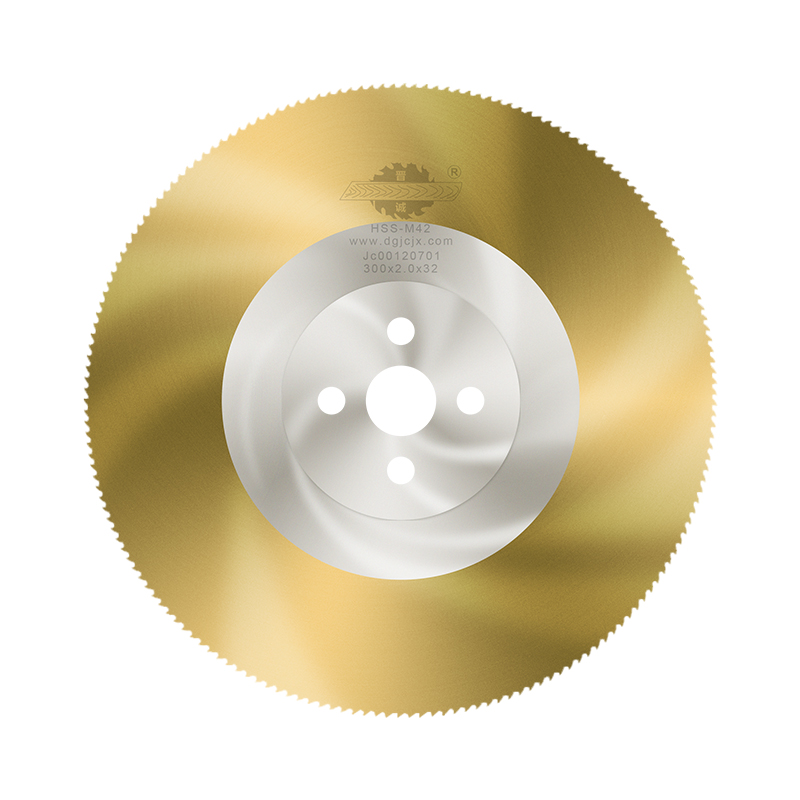When it comes to washing our cars, we often reach for the nearest cleaning agent available. But have you ever wondered if using shampoo, typically meant for our hair, is a suitable option? In this blog post, we will explore the pros and cons of using shampoo to wash your car, providing you with valuable insights to make an informed decision.
- Understanding Shampoo Composition:
Before delving into the topic, it's crucial to understand the composition of shampoo. Shampoos are primarily designed to cleanse and condition human hair, and they typically contain surfactants, conditioning agents, fragrances, and preservatives. These ingredients play a significant role in determining whether shampoo is suitable for car washing. - Pros of Using Shampoo for Car Washing:
2.1. Gentle Cleaning: Shampoo is formulated to be gentle on hair, which means it can also be gentle on your car's paintwork. It helps remove dirt, grime, and light stains without causing damage or stripping away wax or sealants.
2.2. Versatility: Shampoo is readily available and can be used for various cleaning purposes, making it a convenient option for car owners who prefer an all-in-one solution.
2.3. Cost-Effective: Compared to specialized car wash products, shampoo is often more affordable, making it an attractive choice for budget-conscious individuals. - Cons of Using Shampoo for Car Washing:
3.1. Lack of Protection: Unlike dedicated car wash products, shampoos may not offer the same level of protection against UV rays, water spots, or contaminants. This can leave your car's paint vulnerable to damage over time.
3.2. Limited Cleaning Power: Shampoos may struggle to remove stubborn stains, road tar, or heavy dirt buildup effectively. In such cases, specialized car cleaning products might be more effective.
3.3. Residue and Spotting: Some shampoos may leave behind residue or cause spotting on the car's surface, especially if not rinsed thoroughly. This can affect the overall appearance of your vehicle. - Best Practices for Using Shampoo to Wash Your Car:
4.1. Dilution: Dilute the shampoo according to the manufacturer's instructions to ensure optimal cleaning performance and minimize the risk of residue.
4.2. Soft Tools: Use soft microfiber mitts or sponges to avoid scratching the paintwork while washing.
4.3. Thorough Rinse: Rinse the car thoroughly after shampooing to remove any residue and prevent spotting.
4.4. Waxing and Protection: Consider applying a wax or sealant after shampooing to provide additional protection to your car's paintwork.
Conclusion:
While using shampoo to wash your car can be a convenient and cost-effective option, it's essential to weigh the pros and cons. Shampoo can provide gentle cleaning for regular maintenance, but it may lack the specialized protection and cleaning power of dedicated car wash products. By following best practices and considering the specific needs of your vehicle, you can make an informed decision on whether shampoo is suitable for your car washing routine.

